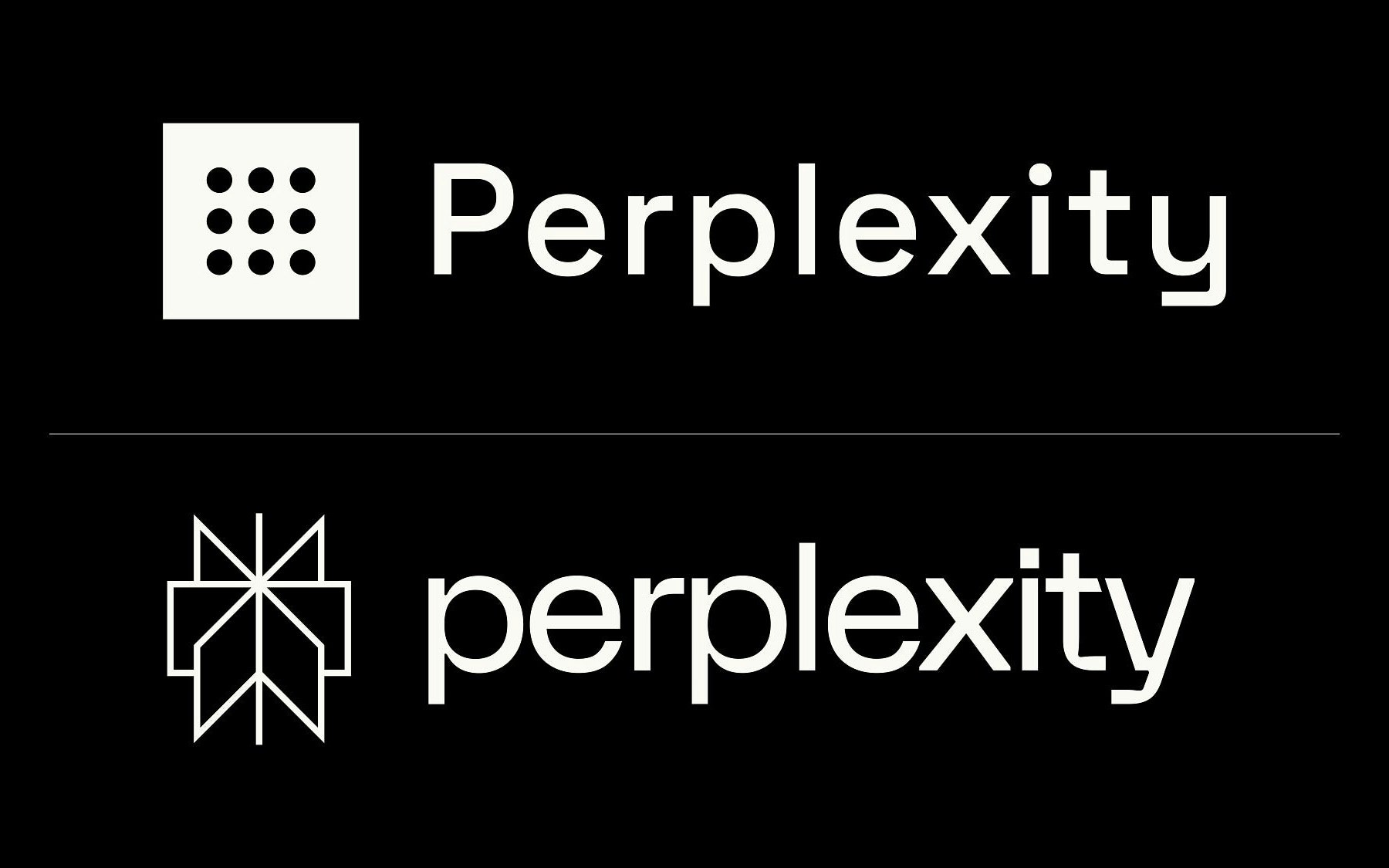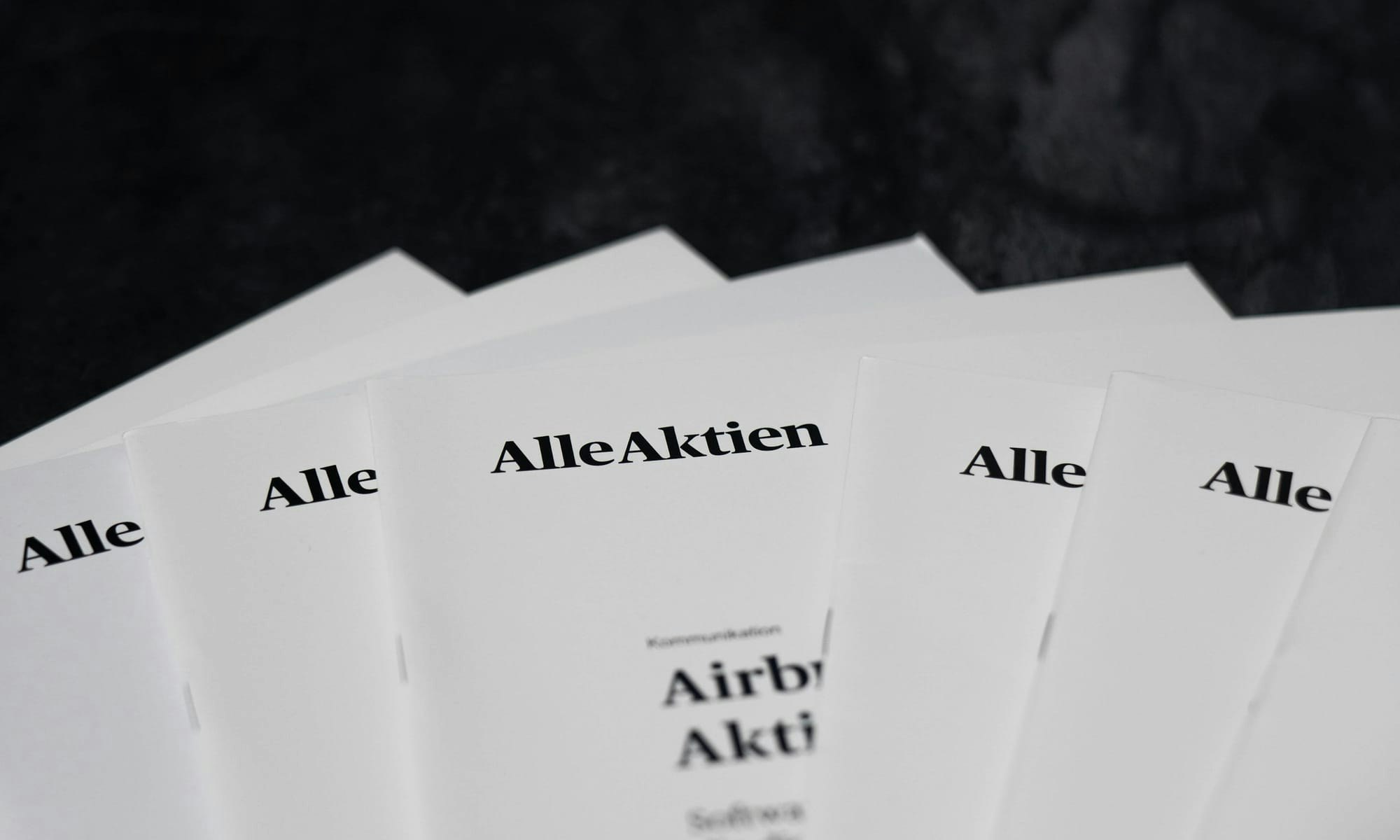AI
Artificial Intelligence on the rise: Perplexity AI now valued at 520 million dollars
Search engine giants like Google are enhancing their platforms with GenAI technology, while startups are working to completely redesign AI-based search engines.

Google and other established search engine companies have upgraded their platforms with GenAI technology, while startups are trying to reinvent AI-powered search from the ground up. Given the competition with billions of users, it may seem like a Sisyphean battle. However, this new generation of search providers believes they can secure a niche by offering a superior search experience.
One of these companies is Perplexity AI, which announced today that it has raised $73.6 million in a funding round led by IVP. NEA, Databricks Ventures, former Twitter VP Elad Gil, CEO of Shopify Tobi Lutke, former CEO of GitHub Nat Friedman, and founder of Vercel Guillermo Rauch also participated in the round.
Other participants included Nvidia and - notably - Jeff Bezos. With a post-money valuation of 520 million US dollars, Perplexity is a small player among GenAI startups. However, considering the fact that Perplexity has only been in existence since August 2022, it is still an impressive rise.
The company was founded by engineers with backgrounds in AI, distributed systems, search engines, and databases Aravind Srinivas, Denis Yarats, Johnny Ho, and Andy Konwinski. Srinivas, CEO of Perplexity, previously worked at OpenAI, where he researched language and GenAI models in the field of Stable Diffusion and DALL-E3.
Contrary to conventional search engines, Perplexity offers a chatbot-like user interface through which users can ask questions in natural language and receive answers in the form of a summary that includes sources (mostly websites and articles). Subsequently, users can delve deeper into a specific topic by asking follow-up questions. "With Perplexity, users can immediately get answers to any question that includes complete source and citation information," said Srinivas.
"Perplexity is designed for anyone who uses technology to search for information." The Perplexity platform is based on a series of GenAI models developed internally and by third parties. Subscribers of Perplexity's Pro plan ($20 per month) can switch between models - currently in use are Google's Gemini, Mistra 7Bl, Anthropic's Claude2.1, and OpenAI's GPT-4 - and unlock features such as image generation.
Unlimited use of Perplexity's Copilot, considering personal preferences in searches, and file uploads allowing users to upload documents, including images, and models can analyze the documents to generate answers to them (e.g. "Summarize pages 2 and 4").
If the experience of Google's Bard, Microsoft's Copilot, and ChatGPT sounds similar, you're not wrong. Even the chat-oriented interface of Perplexity reminds of today's most popular GenAI tools. In addition to the obvious competitors, the search engine startup You.com also offers similar AI-powered summarization and citation tools, which can be optionally powered by GPT-4. Srinivas argues that Perplexity offers more robust search and discovery options than most others, for example, by allowing users to limit their searches to scientific papers or browse popular search topics submitted by other users on the platform.
I am not convinced that they are so different that they could not be replicated - or have already been replicated. But Perplexity has ambitions that go beyond search. It starts offering its own GenAI models, supposedly using Perplexity's search index and the public web for improved performance, available via an API for professional customers.
I am skeptical about the longevity of GenAI search tools for several reasons, especially because AI models are expensive to operate. OpenAI once spent around $700,000 per day to meet the demand for ChatGPT. Reportedly, Microsoft loses an average of $20 per user per month for its AI code generator.
According to individuals familiar with the matter, the current annual recurring revenue of Perplexity is between 5 and 10 million US dollars. That seems quite healthy... until you take into account the millions of dollars it often costs to train GenAI models like those of Perplexity. Concerns regarding abuse and misinformation inevitably arise with GenAI search tools like Perplexity - and rightly so.
Finally, AI is not the best summarizer, sometimes important details are missing, language usages are interpreted incorrectly, and linguistic exaggerations or facts are invented in a very authoritative manner. And it tends to spread bias and toxicity - as recently shown by Perplexity's own models. Another potential obstacle on Perplexity's path to success is copyright.
GenAI models "learn" from examples to create essays, code, emails, articles, and more. Many providers - including Perplexity, presumably - scour the web to add millions to billions of examples that can flow into their training data sets. The providers argue that the fair use doctrine provides comprehensive protection for their web scraping practices, but artists, authors, and other copyright holders disagree and have filed lawsuits to obtain compensation.
It should be noted that a growing number of GenAI providers offer policies to protect their customers against copyright claims, but Perplexity does not. According to the company's terms of service, customers are required to indemnify Perplexity from any claims, damages, and liabilities related to their use of the service, which means that Perplexity is off the hook in legal disputes. Some plaintiffs, such as the New York Times, argue that GenAI search experiences divert publishers' content, readers, and advertising revenue through unfair means.
Regardless of whether it's "antitrust" or not, technology definitely has an impact on web traffic. A model by The Atlantic has found that if a search engine like Google were to integrate AI into its search, it would answer the user's question without requiring a click to their website 75% of the time.
Some providers like OpenAI have made agreements with certain news publishers, but most - including Perplexity - have not done so. Srinivas presents this as a feature, not as a flaw. "[With Perplexity] there is no need to click on different links, compare answers, or search for endless information," he said.
ommen.
"The era of sifting through SEO spam, sponsored links, and multiple sources is being replaced by a more efficient model of knowledge acquisition and sharing, catapulting society into a new age of accelerated learning and research." However, the many uncertainties surrounding Perplexity's business model - and the GenAI and consumer search as a whole - do not seem to deter its investors. So far, the company, which claims to have 10 million monthly active users, has raised over 100 million US dollars.






